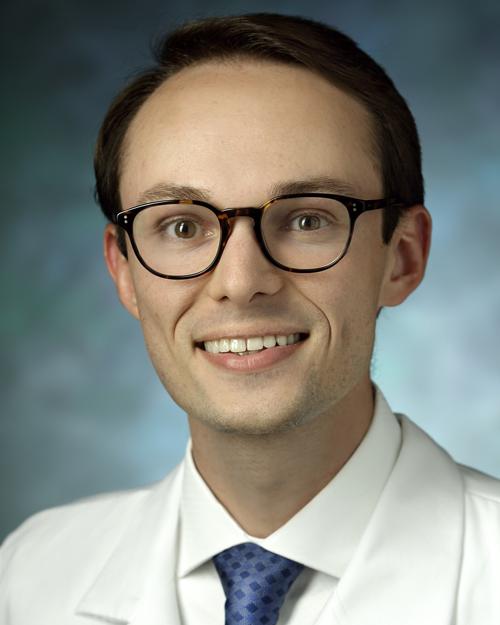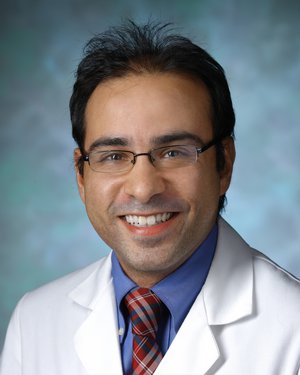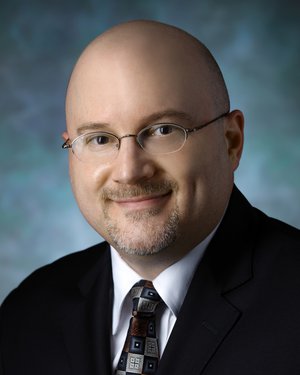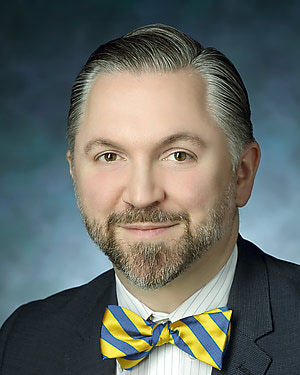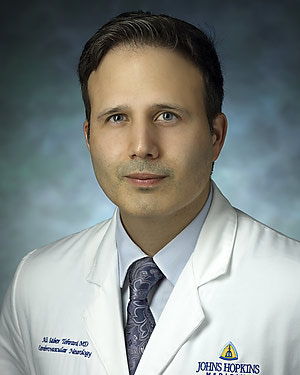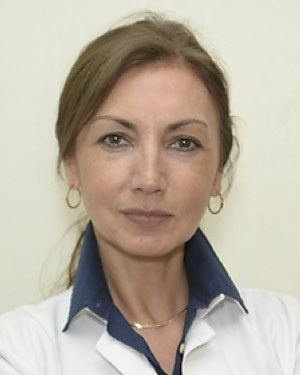Our Neuro-Visual and Vestibular Experts
Our multi-specialty team is dedicated to advancing treatment and research and improving patients' lives. Our physicians are first trained in neurology, then specialize in eyes (neuro-ophthalmology), ears (neuro-otology, sometimes called oto-neurology), or both. We work in close collaboration with our Johns Hopkins colleagues trained in the related fields of ophthalmology and otolaryngology. We also work closely with our neurology colleagues in the Ataxia Center and Stroke Centers.
Meet Our Team
Dale Roberts

From the Center Director, David Newman-Toker, M.D., Ph.D.
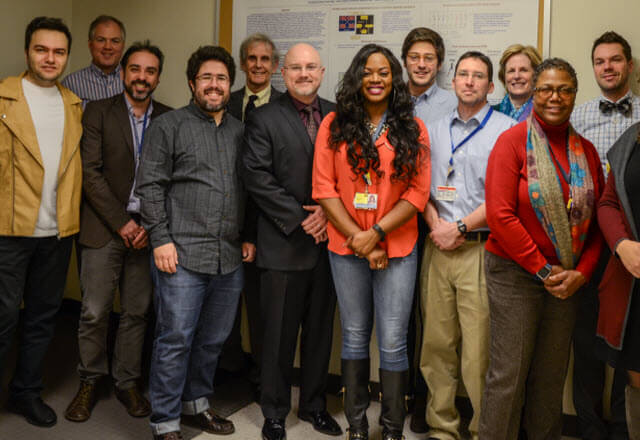
The Neuro-Visual and Vestibular Disorders team.
In the Neuro-visual and Vestibular Disorders Center, we have bold, audacious goals. We seek to develop transformational initiatives in research, clinical care and education that have the potential for broad impact nationally and internationally for patients and science. Each of our programs seeks to accomplish one or more aspects of the center’s mission. The goals for each program are generally aimed at critical areas of scientific or clinical need.
For example, in basic science, spatial perception is an under-researched yet important scientific problem with direct links to common clinical problems such as chronic dizziness and unsteadiness. In clinical research, novel approaches to preventing misdiagnosis of common neuro-visual and vestibular disorders and dangerous mimics (such as stroke) are essential, now that the severity of the misdiagnosis problem in typical clinical practice is well-established.
In clinical care delivery, access to subspecialty care is a major barrier; technological solutions we are pursuing such as telemedicine and diagnostic decision support may help overcome such barriers. Finally, there is a major need to build capacity in research, clinical care and teaching linked to neuro-visual and vestibular disorders through expanded and enhanced training programs.



